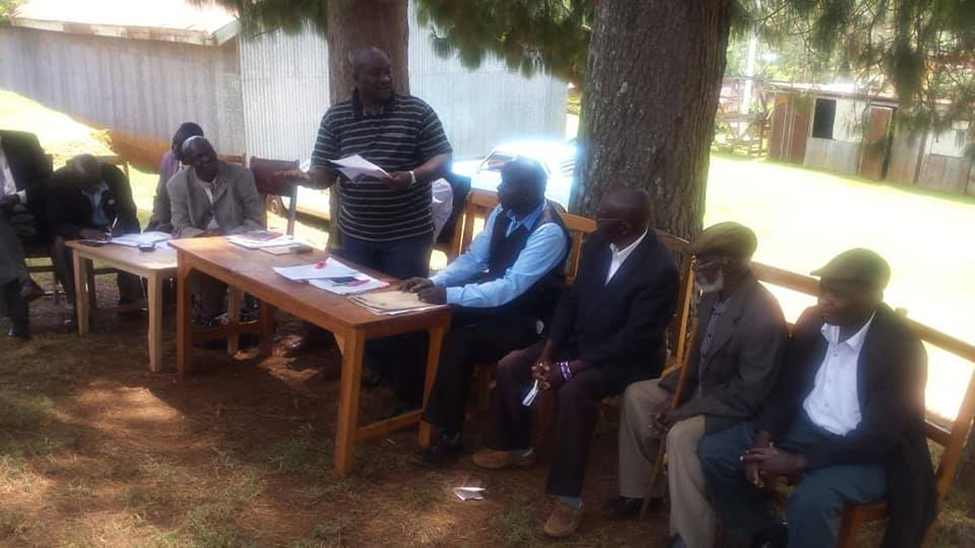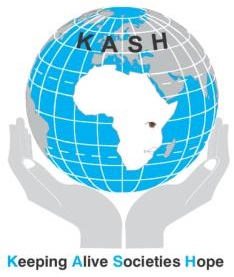Enabling Key Populations (KPs) in Kisumu, Nyamira, Kakamega and Mombasa to Access and Claim their Legal Entitlements
Between October 2019 and October 2020, Keeping Alive Societies’ Hope (KASH), with support from the Open Society Initiative for Eastern Africa (OSIEA), implemented a project aimed at empowering some of Kenya’s most marginalized groups—female sex workers, men who have sex with men, people who inject drugs, and transgender persons. Operating in Kisumu, Nyamira, Kakamega, and Mombasa counties, the project sought to strengthen access to justice, legal empowerment, and accountability in governance and service delivery.
Despite the disruptions caused by COVID-19, the project reached thousands of people through innovative approaches. Community paralegals, trained and deployed by KASH, conducted 219 legal education sessions in 60 hotspots, directly engaging 4,401 key population members. These sessions provided knowledge on constitutional rights, public participation, bail and bond procedures, and protection under sexual offences law. In addition, five legal aid clinics reached 1,458 citizens, offering them practical guidance on issues such as land disputes, child neglect, and assault.
The project also resolved 393 human rights violation cases, the majority involving female sex workers. Alternative Dispute Resolution mechanisms proved especially effective, handling 30 disputes—including cases of landlord evictions and client–sex worker conflicts—without the need for lengthy and costly court processes. A toll-free hotline further enhanced access to justice, registering 166 cases ranging from assault to sexual violence and even three murders.
Mass outreach was achieved through weekly radio shows, which reached over 140,000 listeners. These sessions often featured police commanders and human rights representatives, providing a trusted platform to discuss justice during the pandemic. Social media groups like “Kisumu Best Guys” connected hidden MSM networks, while WhatsApp forums allowed peer-to-peer education to continue safely under COVID-19 restrictions.
The project also prioritized improving relations between key populations and law enforcement. Fifteen sensitization sessions were held in police stations across Kisumu County, enabling officers to better understand and respect the rights of marginalized groups. Senior police officials even participated in public radio discussions, signaling a shift towards accountability and dialogue.

The impact of these combined efforts was significant. Community Action Teams emerged, linking paralegals, citizens, and duty bearers to follow up on cases and demand better services. Citizens drafted petitions and memoranda, some of which influenced county governments to publish critical planning documents online. Survivors of violence received support and follow-up, while communities gained the confidence to engage with justice systems that had previously felt inaccessible.
The journey was not without challenges. COVID-19 restrictions closed hotspots, worsened economic hardship, and increased vulnerability to violence. Police harassment and arbitrary arrests persisted, and community expectations for incentives remained high. Yet the resilience of KASH’s approach—anchored in grassroots mobilization, legal empowerment, and strong partnerships—enabled the project to deliver lasting impact.
In the end, the project demonstrated that when marginalized groups are informed of their rights and supported by trusted paralegals, they can challenge injustice, demand accountability, and influence governance. Even in the face of a pandemic, KASH ensured that thousands of Kenya’s most vulnerable citizens found their voice, claimed their space, and strengthened their ability to seek justice.
